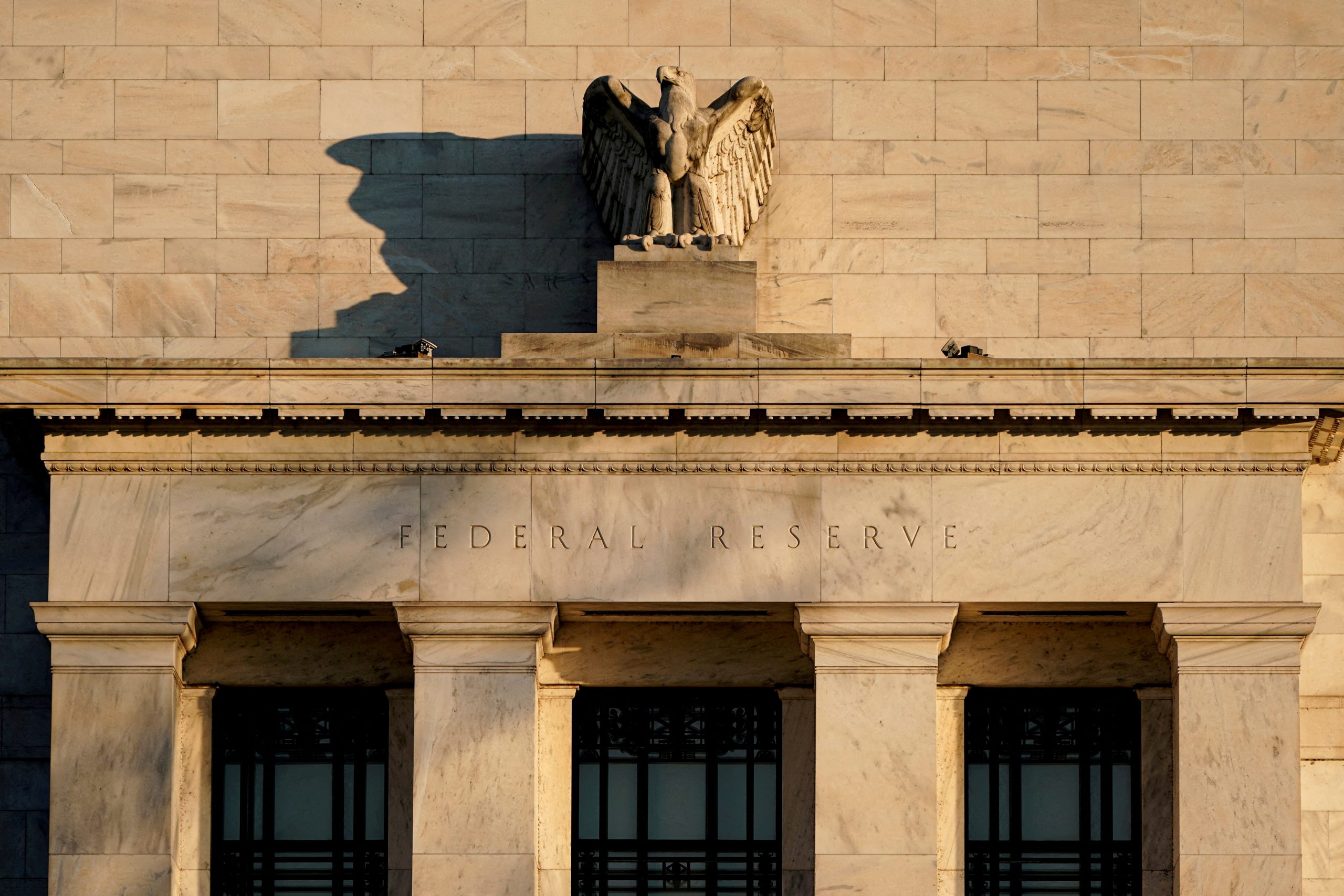
[elfsight_social_share_buttons id=”1″]
The Federal Reserve adopted a new set of investing and trading restrictions for its senior officials on Friday, barring a wider range of activities than was proposed last fall in the wake of an ethics scandal that shook confidence in the U.S. central bank’s integrity.
They are meant “to ensure public confidence in the impartiality and integrity of the Committee’s work,” the Fed said in a statement. The Fed’s Federal Open Markets Committee is its policy-setting body.
Fed officials will be banned from purchasing sector funds, engaging in short sales, or buying securities on margin, as well as from holding cryptocurrencies, commodities or foreign currencies.
The restrictions come on top of rules first outlined last October that keep Fed officials from purchasing individual stocks or entering into derivatives, or from holding individual bonds and agency-backed securities. The rules require policymakers and covered staff to give 45 days advance notice and obtain approval for any transaction, and ban any trading during periods of market stress and for a slightly longer period around regularly scheduled policy-setting meetings.
All investments must be held for at least a year, under the rules.
The sweeping new restrictions come out of review ordered by Fed Chair Jerome Powell after Boston Fed chief Eric Rosengren and Dallas Fed President Robert Kaplan resigned following reports of their active trading in 2020, when the central bank launched a massive effort to fight the economic impact of the COVID-19 pandemic. The Fed’s efforts helped bolster financial markets.
Rosengren, in announcing his retirement last September, cited health issues. Kaplan, who announced he was stepping down the same day as did Rosengren, cited his trading activities, saying they risked becoming a “distraction” to the Fed.
Another policymaker, former Vice Chair Richard Clarida, also came under fire after he corrected a previous financial disclosure in late December to show that he had sold a stock fund and then swiftly rebought it shortly before the Fed announced a barrage of rescue programs to stem the economic fallout from the pandemic.
Most of the Fed’s new trading restrictions will come into effect May 1 with pre-clearance and advance notice rules in force from July 1. Current Fed officials will have 12 months to come into compliance, the central bank said, while new staff and policymakers will have six months from the date they join.
Previously, the rules that guided personal financial practices for Fed officials were the same as those for other government agencies, although the Fed had supplemental rules that were stricter than those for Congress and other agencies.
However, questions remain about how much back and forth may have occurred over policymakers’ personal trading in a year when markets first cratered then rebounded on the basis of both massive federal fiscal stimulus and an aggressive rescue effort by the Fed.
An investigation by the central bank’s inspector general is ongoing while Democratic Senator Elizabeth Warren has called for a Securities and Exchange Commission probe into Fed officials’ trading activity to determine if any trades in the past violated insider trading rules.
Last week, the Fed, responding to a Freedom of Information Act request by Reuters, said there are about 60 pages of correspondence between its ethics officials and policymakers regarding financial transactions conducted during 2020, but “denied in full” to release the documents, citing exemptions under the Information Act that it said applied in this case.
Copyright 2022 Thomson/Reuters
